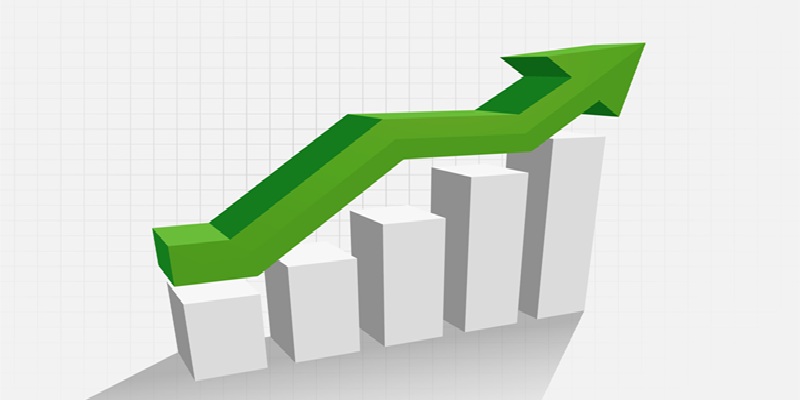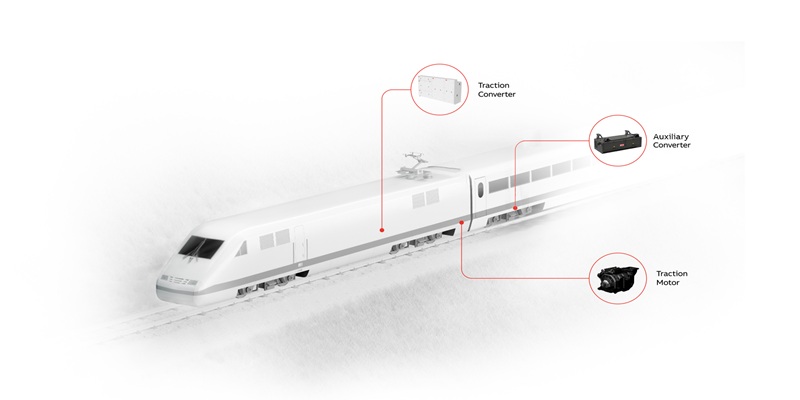Schedule a Call Back
Private capex revival remains unlikely in 2025, says RBI survey
 Industry News
Industry News- Jan 03,25

Related Stories

Infra thrust and manufacturing reforms define Budget 2026–27
With higher public capex, three kartavya and sectoral reforms, budget aims to lift growth, jobs and investment.
Read more
Avro India Launches Large-Scale Flexible Plastic Recycling Plant in Ghaziabad
Avro India Limited has commissioned a greenfield recycling facility in Ghaziabad to upcycle difficult-to-process plastic waste, strengthening India’s circular economy with large-scale, organised r..
Read more
India to sustain 6.6% growth by FY2027 as new engines drive productivity: D&B
Dun & Bradstreet’s India 2026 report projects macroeconomic stability and transformative growth, driven by digitalisation, clean energy, advanced manufacturing and emerging consumption sectors.
Read more















